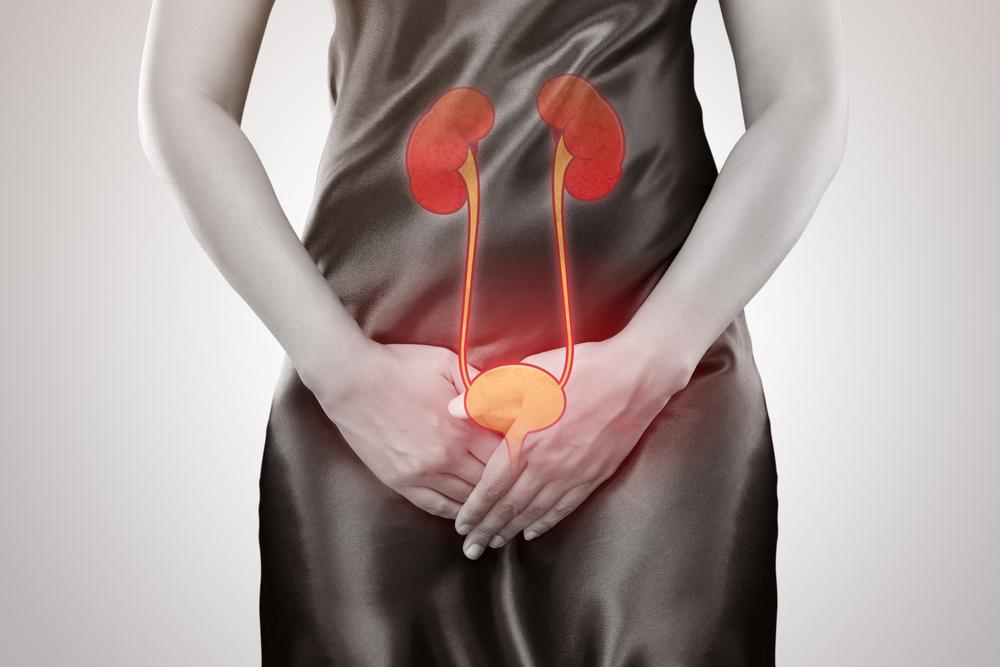Sexual disorders – An overview
A sexual disorder refers to the individual or couple not being able to achieve satisfaction from sexual activities. A good sex life involves the couple being able to arouse excitement and achieve an orgasm. Failure to do so maybe because of various reasons, and a common reason is one of them or both the partners suffering from sexual conditions.
Now, this is never an easy topic to discuss; however, it is very important to address these issues.

Symptoms
Some of the main symptoms are
- Lack of sexual desire
When a person finds themselves not wanting to have sex, it is a sign that they might have a sexual condition. The lack of sexual desire causes problems in the intimacy of a couple, affecting their sex life. - Inability to climax
In this case, the person is not satisfied with their sexual interactions. They might still have normal sexual interest but find it difficult to climax. This is a problem for the couple who start losing their intimacy. - Sexual stimulation leads to pain
In this case, a person feels pain every time during sex. This is a big problem, as the feeling of discomfort will hamper their interest, and they start avoiding such situations altogether.
Causes and risk factors
According to research, problems in sexual interactions mostly arise when one faces a hormonal flux. This is usually caused after having a baby or when going through menopause. There are many causes that lead to sexual disorders. For instance, people suffering from diabetes, cancer, or heart diseases have higher chances of suffering from sexual disorders. Some of the primary factors are
- Psychological reasons
Psychological factors play a pivotal role in affecting a person’s sex life; anxiety and depression are the main culprits. These problems can trouble a person to a great extent and can cause a lot of mental distress. All this may even lead to the person experiencing a sexual disorder. - Physical reasons
There are a number of physical reasons that lead to a person suffering from sexual disorders. They include suffering from heart conditions, having high blood pressure, suffering from kidney failure, and bladder problems. These problems play a big role in decreasing sex drive and could lead to a disorder. - Hormonal changes
A woman experiencing menopause faces a dip in their estrogen levels. This could lead to a change in sexual responses. Also, lower estrogen levels result in a decrease in blood flow to the pelvic region. This causes difficulty in getting aroused.
Some risk factors that can cause sexual disorders are
- Prior sexual abuse
- Depression
- Neurological conditions
- Emotional stress




